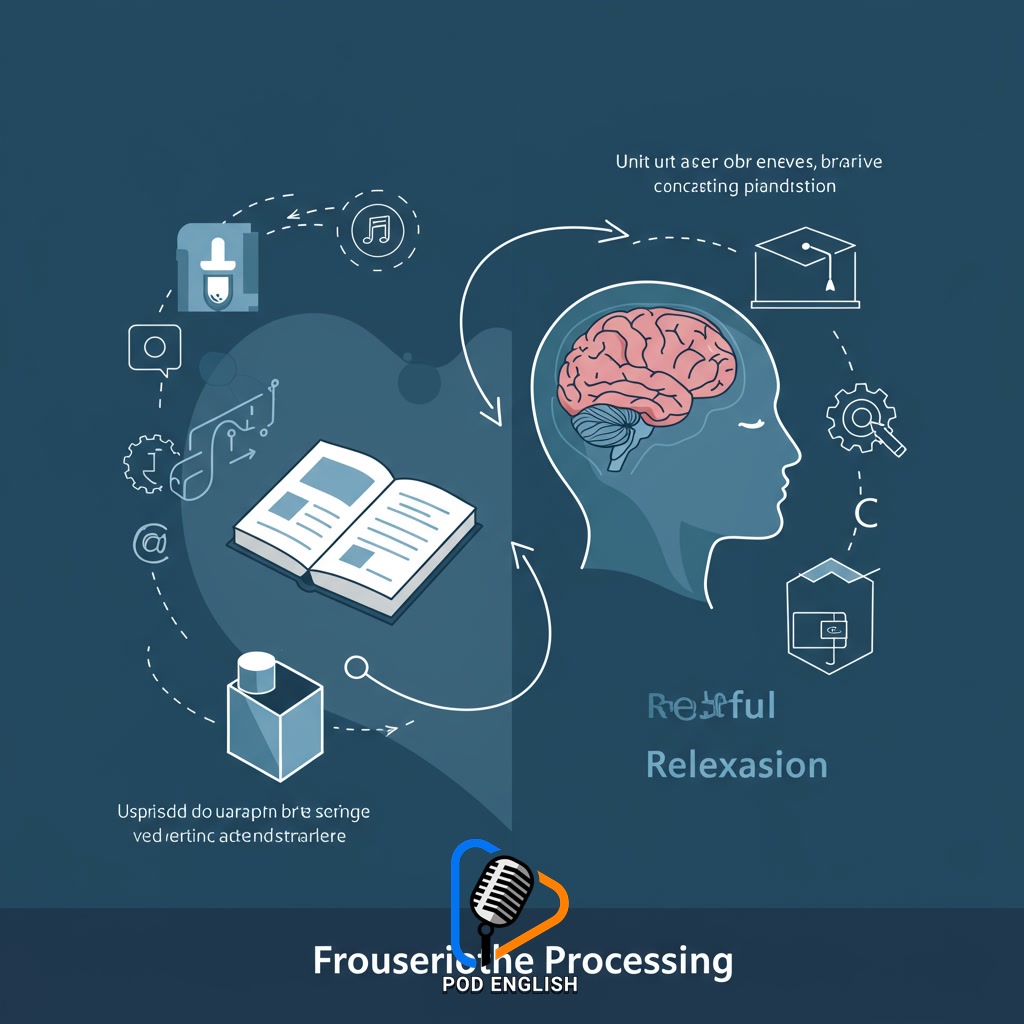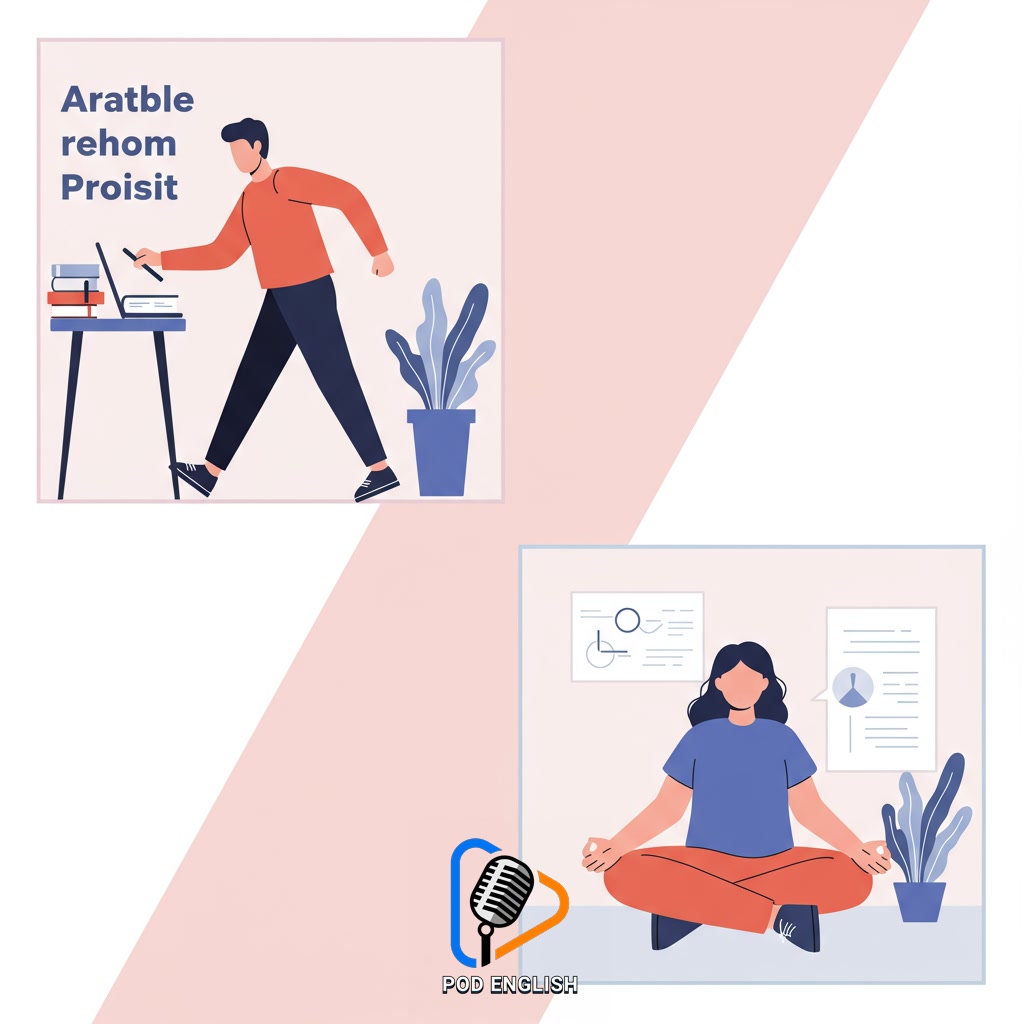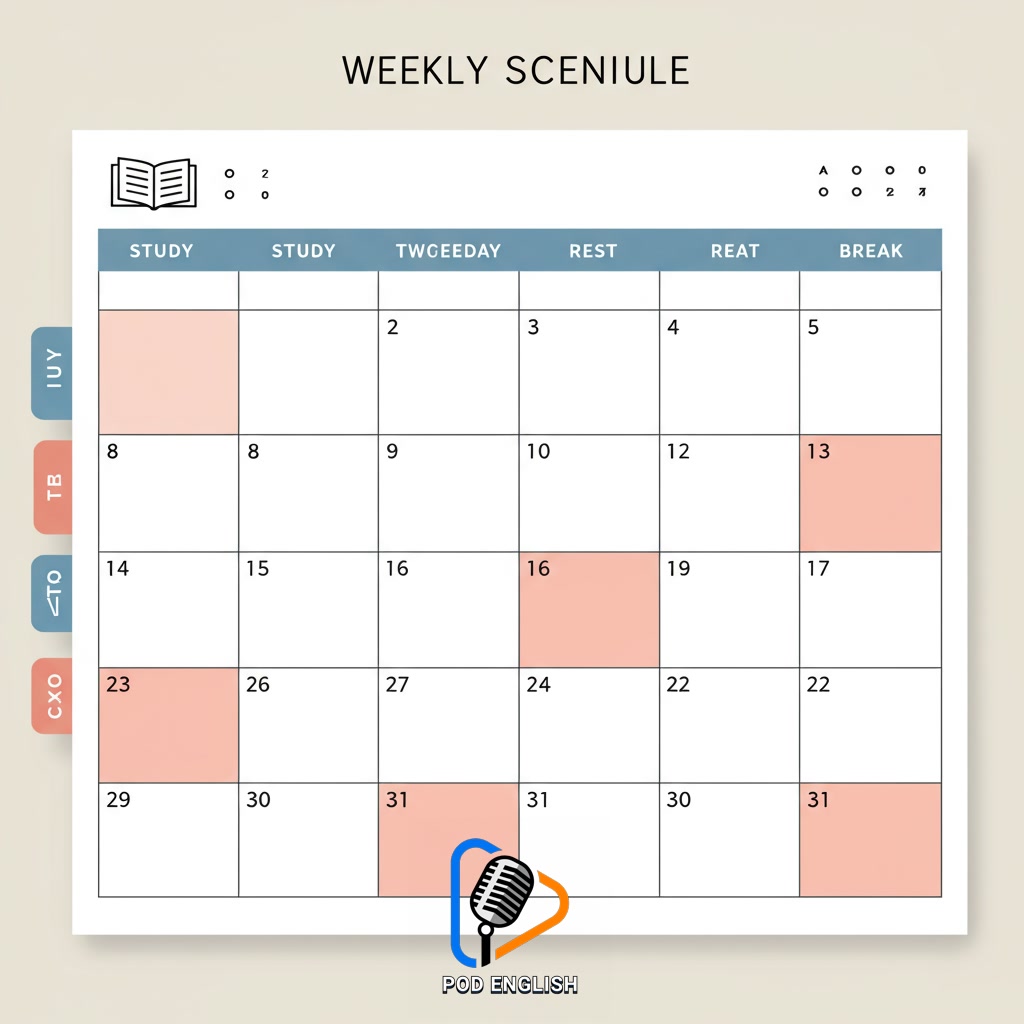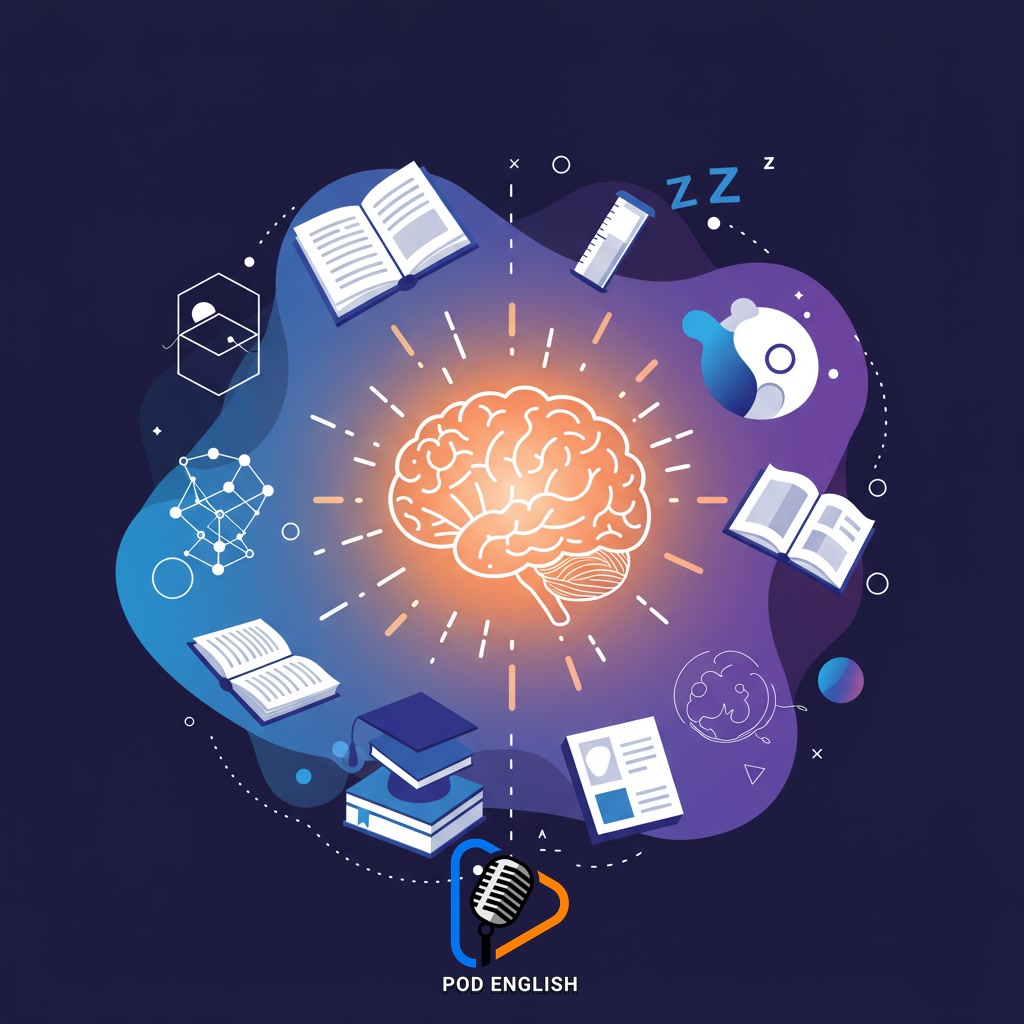Learn English
Boost Your English Study: The Power of Rest and Recovery

Effective English study is greatly enhanced by understanding and utilizing the power of rest and recovery. Incorporating adequate breaks and sufficient sleep is crucial for consolidating new information, improving memory retention, and boosting cognitive function. Prioritizing rest allows your brain to process and internalize language concepts more efficiently, leading to better learning outcomes. This approach helps optimize your overall progress and prevent fatigue in your journey of learning English.
Table of Contents
- Section 1: Introduction: The Crucial Link Between Rest and Effective English Learning
- Section 2: The Science of Sleep: How Rest Consolidates Language Memory
- Section 3: Strategic Breaks: Boosting Focus and Preventing Study Fatigue
- Section 4: Beyond Sleep: Incorporating Active and Passive Recovery
- Section 5: Designing Your Study Routine: Integrating Rest for Optimal Results
- Section 6: Recognizing and Preventing Burnout in Your English Study Journey
- Section 7: Conclusion: Maximizing Your Learning English Potential Through Balanced Recovery
Section 1: Introduction: The Crucial Link Between Rest and Effective English Learning
Learning English effectively is a goal shared by many. We often focus intensely on study methods, vocabulary lists, and grammar rules, dedicating significant hours to practice. However, maximizing your progress isn’t solely about the amount of time spent studying. A crucial, yet frequently underestimated, factor is the role of rest and recovery. This section introduces the vital connection between taking breaks and allowing your mind to recover, and how this directly impacts your ability to absorb, retain, and use new English information. Understanding this link is the first step towards optimizing your learning strategy, ensuring that your dedicated study time is as productive as possible and leading to better long-term results.

Section 2: The Science of Sleep: How Rest Consolidates Language Memory
While dedicated study time is essential, the brain continues processing information even when you’re not actively learning. This is where sleep plays a critical role, particularly in consolidating language memory. During deep sleep, your brain reviews and strengthens the neural connections formed while you were studying new vocabulary or grammar. It helps transfer this newly acquired linguistic information from temporary holding areas into long-term memory storage. Think of it as your brain filing away the day’s learning. Getting sufficient, quality sleep is therefore not just about feeling rested; it’s an active part of the learning process that significantly boosts your ability to recall and use English effectively.

Section 3: Strategic Breaks: Boosting Focus and Preventing Study Fatigue
While sleep is vital for consolidating learning, maintaining focus during active study sessions requires a different strategy: strategic breaks. Short, planned interruptions throughout your study period are not signs of weakness; they are powerful tools to combat mental fatigue and boost concentration. Stepping away from your books or screen for just 5-10 minutes allows your brain to reset, preventing the feeling of being overwhelmed. This simple act helps you return to your English material with renewed energy and a clearer mind, making your study time more productive and sustainable. Regular breaks are key to absorbing complex language concepts effectively and avoiding burnout.

Section 4: Beyond Sleep: Incorporating Active and Passive Recovery
Moving beyond just sleep and short breaks, effective recovery for English learning involves both active and passive approaches. Active recovery might include light physical activity like a short walk, stretching, or even switching to a different, non-English related task that uses different parts of your brain. This helps to gently disengage from intense study and improve circulation. Passive recovery, on the other hand, involves complete rest, such as meditation, listening to relaxing music without lyrics, or simply sitting quietly and letting your mind wander. Both types are crucial for reducing mental fatigue, preventing burnout, and allowing your brain space to subconsciously process and consolidate the English concepts you’ve been studying. Integrating these varied forms of recovery into your routine ensures sustained focus and better long-term retention.

Section 5: Designing Your Study Routine: Integrating Rest for Optimal Results
Effective English learning hinges on a well-structured routine that actively incorporates downtime. Instead of viewing rest as a luxury, integrate it as a fundamental component of your study plan. This means scheduling specific times for short breaks between study sessions to prevent burnout and consolidate information, as well as planning for longer recovery periods like evenings or weekends. Design your weekly schedule to balance intensive study blocks with lighter review periods and activities that constitute active or passive recovery. By intentionally allocating time for rest within your routine, you create a sustainable learning rhythm that enhances focus, improves memory retention, and ultimately leads to more efficient and enjoyable progress in your English proficiency.

Section 6: Recognizing and Preventing Burnout in Your English Study Journey
Pushing yourself too hard in English study without breaks can lead to burnout, a state of physical or mental exhaustion. Recognizing the signs early is key: persistent fatigue, lack of motivation, finding it difficult to concentrate, feeling overwhelmed, or noticing that your learning progress has stalled despite effort. Preventing burnout involves actively managing your energy. This means scheduling regular, genuine breaks during study sessions, getting enough sleep, and varying your learning activities to keep things interesting. Listen to your body and mind; if you feel stressed or unproductive, it’s a sign you need to step back and recharge. Integrating these practices ensures your study journey remains sustainable and enjoyable.

Section 7: Conclusion: Maximizing Your Learning English Potential Through Balanced Recovery
In conclusion, achieving your full English learning potential isn’t solely about the hours you spend studying. It’s fundamentally about studying *smart*, which includes strategically incorporating rest and recovery. By allowing your brain adequate time to process information through sufficient sleep and regular breaks, you enhance memory consolidation, improve focus, and prevent the negative effects of burnout that were discussed previously. Embracing a balanced approach ensures that your study sessions are more productive and sustainable over the long term. Prioritizing recovery is not a luxury but a necessary strategy for efficient and effective language acquisition, ultimately accelerating your progress towards fluency and making your English learning journey more enjoyable and successful.














